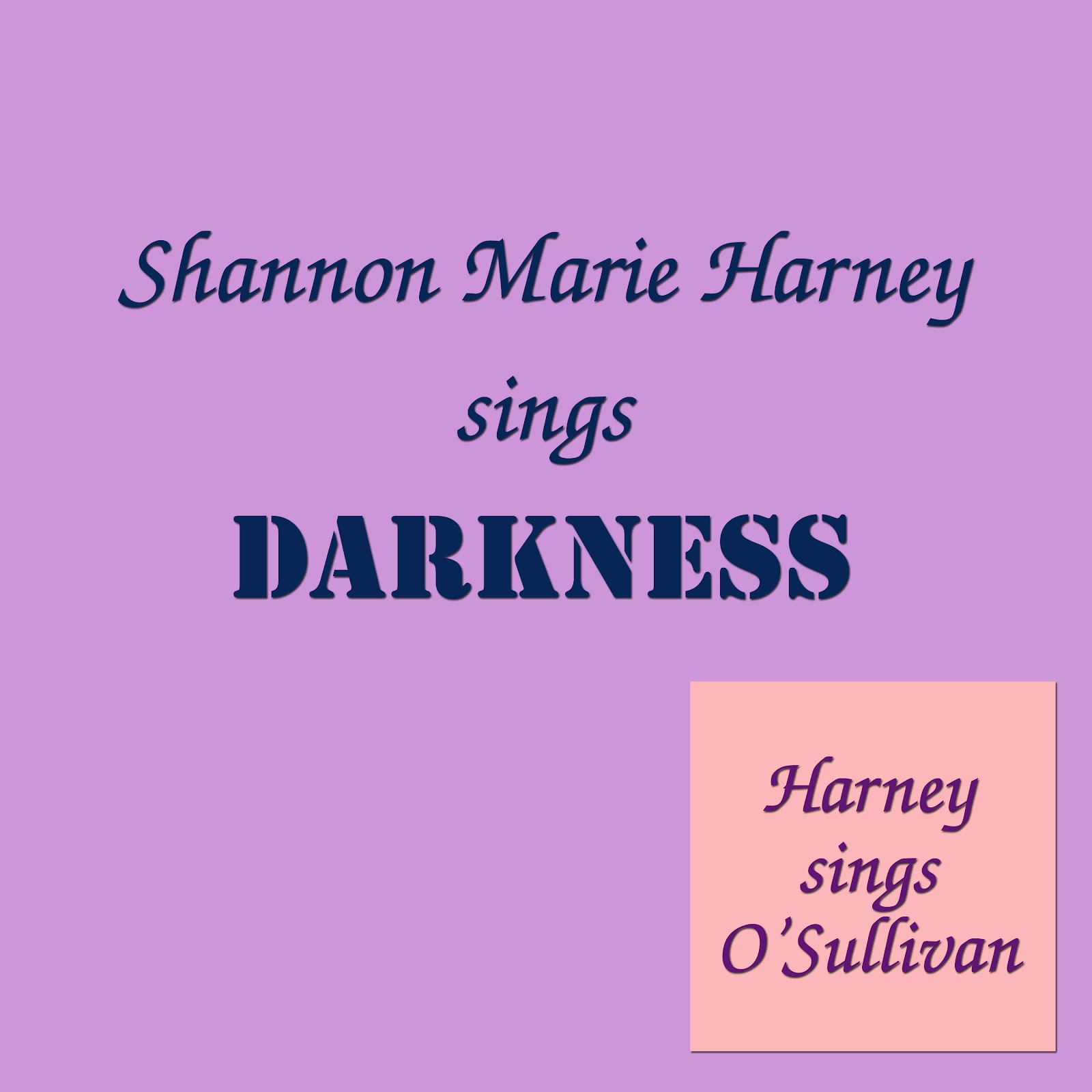This is the link to my YouTube recording
of
The Spirit of My Song
poetry by Metta Victoria Fuller, music
by Stephen C. Foster
Video link
https://youtu.be/bpBikx2L-nc
In the weeks before Christmas, there is
now a tradition that the members of UK Autoharps build an Advent Calendar -
members develop and share a song, one member/one song per day, in the days leading
up to Christmas.
It is a nice tradition. It began in the days of lockdown and
breakdown.
And The Spirit of My Song is my
contribution, December 17, 2023...
1.
From my point of view there are a number
of sub-traditions.
It has become a tradition that my
offering to the UK Autoharps Advent Calendar develops from my exploration of
the song archives - specifically the archives of Stephen Foster.
The Autoharp has a special relationship
with these nineteenth century 'parlour songs' - for the parlour was one of the
places where the Autoharp found a niche.
The case study is the nineteenth century 'parlour
song' which escaped from the parlour and, through the Carter Family, became a 'folk
song', and an Autoharp standard - Wildwood Flower/ I'll Twine 'Mid the Ringlets.
Stephen Foster songs are usually very Autoharp-friendly.
2.
Often a feature of these parlour songs
is their hard won 'poetic diction'.
We can take the discussion in any number
of directions - one starting point is this note by the Academy of American
Poets, on poets.org...
https://poets.org/glossary/poetic-diction
But...
Search on, search on...
I see this turn to poetic diction as
part of the expansion of education and printing in the late nineteenth century,
especially in the USA.
With due deference to Wordsworth, it
would be very odd if we defined poetry in a way that made poets use ONLY everyday
language in their poems. Poets who use
heightened, elaborate language, with arcane and unusual words, are not making a
mistake. They are exploring a resource -
in many cases a resource that is, through education, new to them. They are demonstrating a developing skill. And some human experiences ask for heightened
language.
3.
These thoughts arise from my work on...
The Spirit of My Song
poetry by Metta Victoria Fuller, music
by Stephen C. Foster
This is the sheet music on the Library
of Congress web site.
https://www.loc.gov/item/2011565323/
You can see that the LOC librarian wrote
on the title page the date when the song entered the Library of Congress, 21
August 1850.
See also...
https://levysheetmusic.mse.jhu.edu/collection/068/124
Foster's Complete Songs
https://www.library.pitt.edu/foster-songs
In 1850 the poet, Metta Victoria Fuller,
was 19 years old.
Let us see if we can find a way to treat
her song with respect.
4.
There is a Wikipedia entry on Metta
Fuller
https://en.wikipedia.org/wiki/Metta_Victoria_Fuller_Victor
You can see that, with marriage, her
full name became Metta Victoria Fuller Victor...
But that was only one of her many, many
names. She became a successful professional
writer, publishing under at least a dozen names, often masculine names, some
weird masculine names like 'Seeley Regester' .
So, very hard to research...
See also
Women Writers and Detectives in
Nineteenth-Century Crime Fiction
The Mothers of the Mystery Genre
Lucy Sussex
https://blogs.stockton.edu/litrecovery2019/metta-victoria-fuller-victor/
Metta Fuller is sometimes credited with
bringing the detective into American crime fiction - her Mr. Burton does seem like
a nod to Dickens' Mr. Bucket.
https://www.gutenberg.org/files/46708/46708-h/46708-h.htm#p1c5
5.
I first came across the text of The
Spirit of My Song in the sheet music of 1850.
The text is also visible on Google Books
in
Poems of Sentiment and Imagination: With
Dramatic and Descriptive Pieces
By Frances A. Fuller, and Metta V. Fuller
Published in 1851
Page 211
TinyUrL
https://tinyurl.com/2nrsk9tk
(The New York Public Library, and Google Books, have made a mistake - in attaching Metta's later married name, Victor, to both sisters...)
Metta and Frances - Frances is the older
sister - describe their poems as 'the first fruit offering of young hearts...'
And say that the poems 'have before
appeared through various literary mediums...'
I assume that Stephen Foster saw the
text in a journal, or it might have been sent to him for consideration.
Note that Metta Fuller's text does not
have a chorus. She does top and tail the
lyric with the same four lines
Tell me, have you ever met her
Met the spirit of my song?
Have her wave-like footsteps glided
Through the city's worldly throng?
Those are the first 4 lines of the poem
and they are the last 4 lines.
I deduce that Stephen Foster wanted a
song with a chorus. He knew his
audience.
So, the Composer decided that the first
four lines of the song would become the Chorus - and that is set out in the
sheet music.
As ever the Melody has two parts, Melody
A on the first 4 lines of the 8 line stanza, Melody B on the second 4 lines.
The repeats of those 4 lines as Chorus
with Melody A, and the structure of the song, are Composer decisions.
We respect the decisions of the Poet and
the Composer. So, we get those 4 lines a
total of 8 times, once in stanza 1, once in stanza 6, and in the 6 choruses.
And in stanza 6, where those 4 lines are
the last lines of the poem, we sing the same 4 lines first on Melody B and
then, back into the Chorus, on Melody A.
This is hard.
6.
Now, let me introduce another sub-tradition. It turns out that my work for the UK
Autoharps Advent Calendar becomes an investigation of the state of my health as
the winter progresses...
There is a video from a previous year
where you can see me, lashed to the microphone, determined to stay upright and
give a performance.
This year, 2023... Turns out I was having a slow motion health
crisis. I was ill throughout October - merely
a Very Bad Cold. Merely... I lost October.
November was spent recovering and
apologising.
I asked for extra time from the organisers
of the Advent Calendar project - my thanks to Helen Slade and the other Autoharpers
who stepped in to help.
In the video you can hear how ill I
was. We have left in some fluffs and
spoonerisms. We had to - there were so many. Only sometimes do I hit that high note.
Have we invented the Raku Ware approach
to the music video? - where the blemish is part of the process, and a part of
the beauty? Nah.
7.
I wanted the video and the performance to
keep the Autoharp-friendly nature of Stephen Foster' setting. And to respect the text.
This young Poet is pushing Poetic
Diction. Hard. You have to take this on its own terms, and
enjoy its effects.
There are some splendid effects - eyes
that 'magnificently flash'.
So...
what is the song about? What did
Stephen Foster hear? Who is the Spirit
of Metta Fuller's song?
At one level, it must be a song about
our Muse - the bringer of inspiration. Perhaps
Euterpe, the Muse of Music and Lyric Poetry, often shown carrying a flute, or Terpsichore,
the Muse of Dance and Choral Song, with her lyre.
And in Metta Fuller's poem the Spirit
has a lyre, and tries to teach Metta how to play the lyre.
But Metta Fuller's Spirit can be clearly
seen, and met, walking through the crowds.
The text follows the Sprit into the home, into the parlour. Where she brings inspiration, yes - and comfort
and education.
I think that Metta Fuller is writing
about her older sister, Frances.
So there it is - my contribution to the UK Autoharps Advent Calendar 2023.
But is this a Christmas
Song?
Again, following Dickens – Christmas is when we see
Spirits, and learn from them.
Patrick O'Sullivan
December 2023





